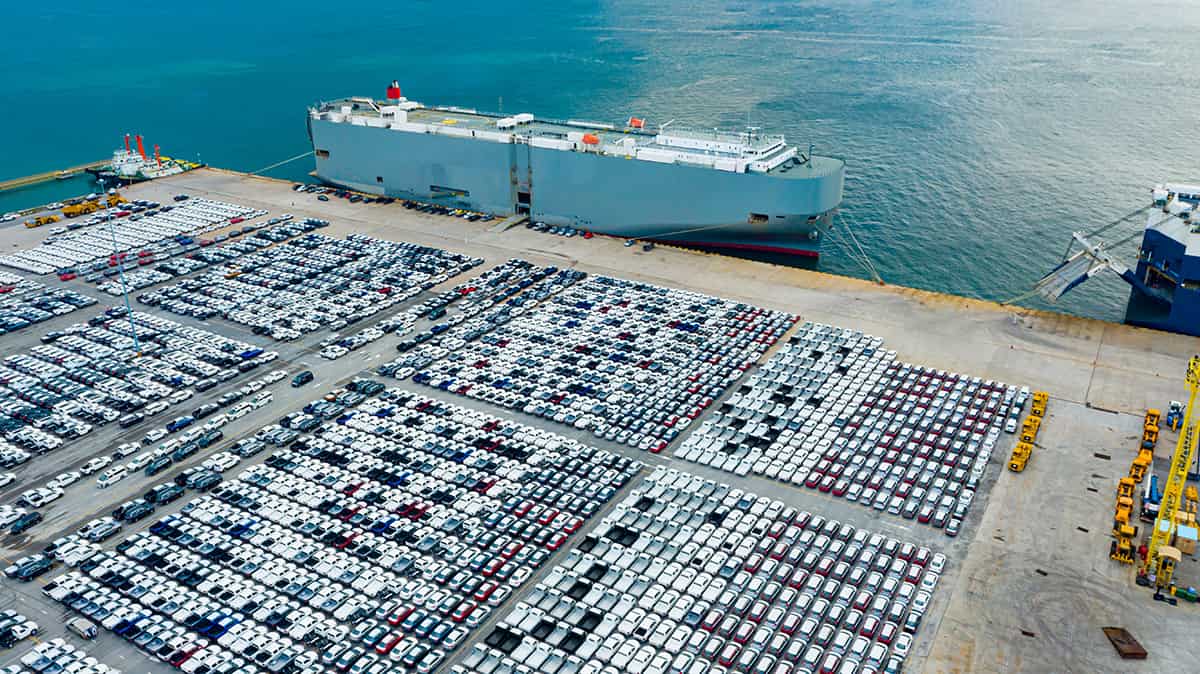In a watershed moment for the global automotive industry, China is estimated to have displaced Japan as the world’s largest auto exporter. The numbers come from the China Passenger Car Association (CPCA) and show exports, including buses and trucks, leaping last year by 56% to 5.26 million vehicles, valued at about $102 billion. By comparison, the CPCA estimated Japan’s full-year 2023 exports at just 4.3 million units. China had already surpassed Germany’s annual vehicle shipments in 2022, and South Korea’s in 2021.
The statistics provide new evidence of China’s emergence as a car industry titan, largely on the back of its electric vehicles’ success. Notably, in the fourth quarter, Tesla lost the crown as the world’s largest EV maker to the Warren Buffett-backed, Shenzhen-based giant BYD, which saw its exports increase fivefold to 242,000 in 2023. The export boom also unfolds against the backdrop of the war in Ukraine and the subsequent withdrawal of European and Japanese manufacturers from Russia; during the first 11 months of 2023, vehicle shipments to Russia surged 545%, to 840,000 units.
Still, Chinese automakers face challenges, both domestically and abroad.
“They are well-positioned for growth in the coming years,” says William Riggs, an automotive expert and professor of management at the University of San Francisco, “but while they have advanced their supply of critical resources and demonstrated that they can produce high-quality, competitive products, they may face significant headwinds as they scale more.”
A critical challenge will be how Chinese automakers navigate the web of international regulations and how they adapt to geopolitical and trade dynamics. “This may be the force that slows down technological innovation,” says Riggs, “particularly since it is directly connected to the ability to recruit high-quality talent to grow and expand research and development.” China’s car industry will also face fierce competition from legacy automakers in the US and Europe as well as Japan, Riggs adds, as they have more experience in vehicle production and supply chain management. “Ultimately, the winners will be the companies that can develop brand trust and sell consumers their product,” he says, “which may be a tall task in places like the US. We must keep in mind one of the most expensive aspects of scaling a business is customer acquisition; it’s the equivalent of trench warfare.”




